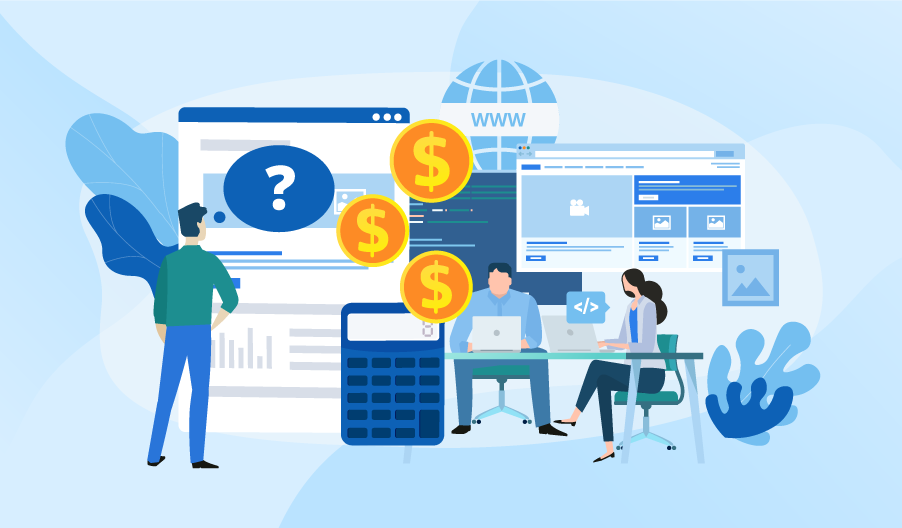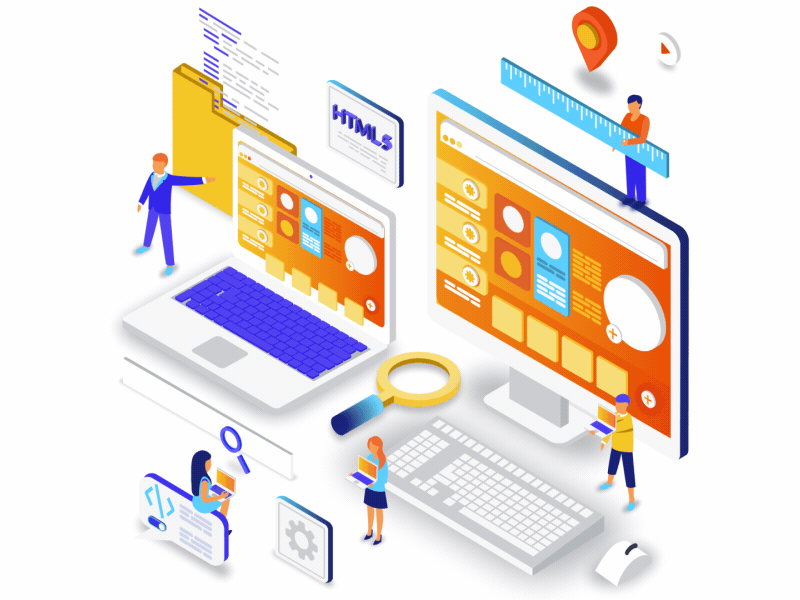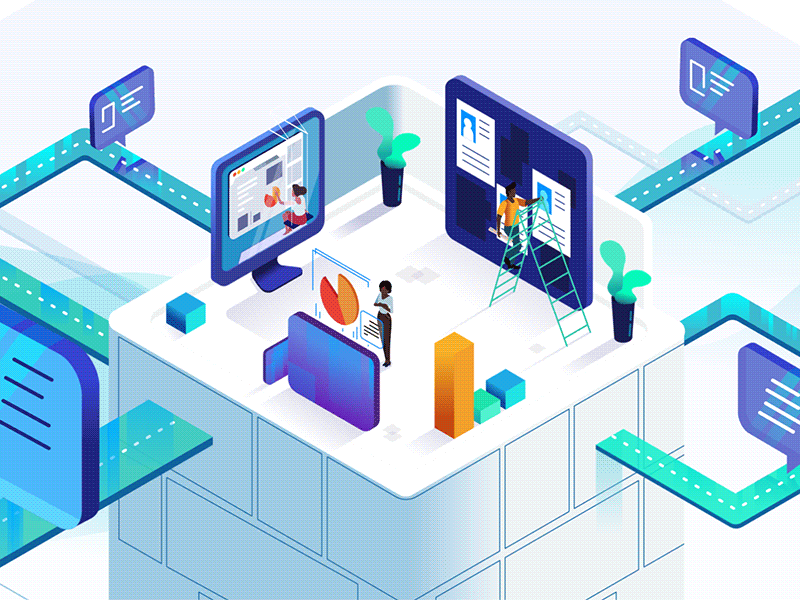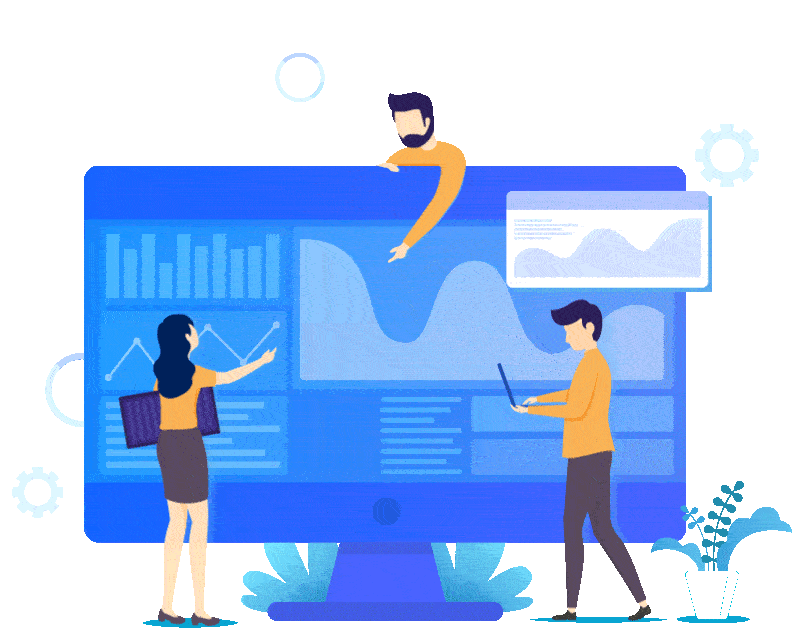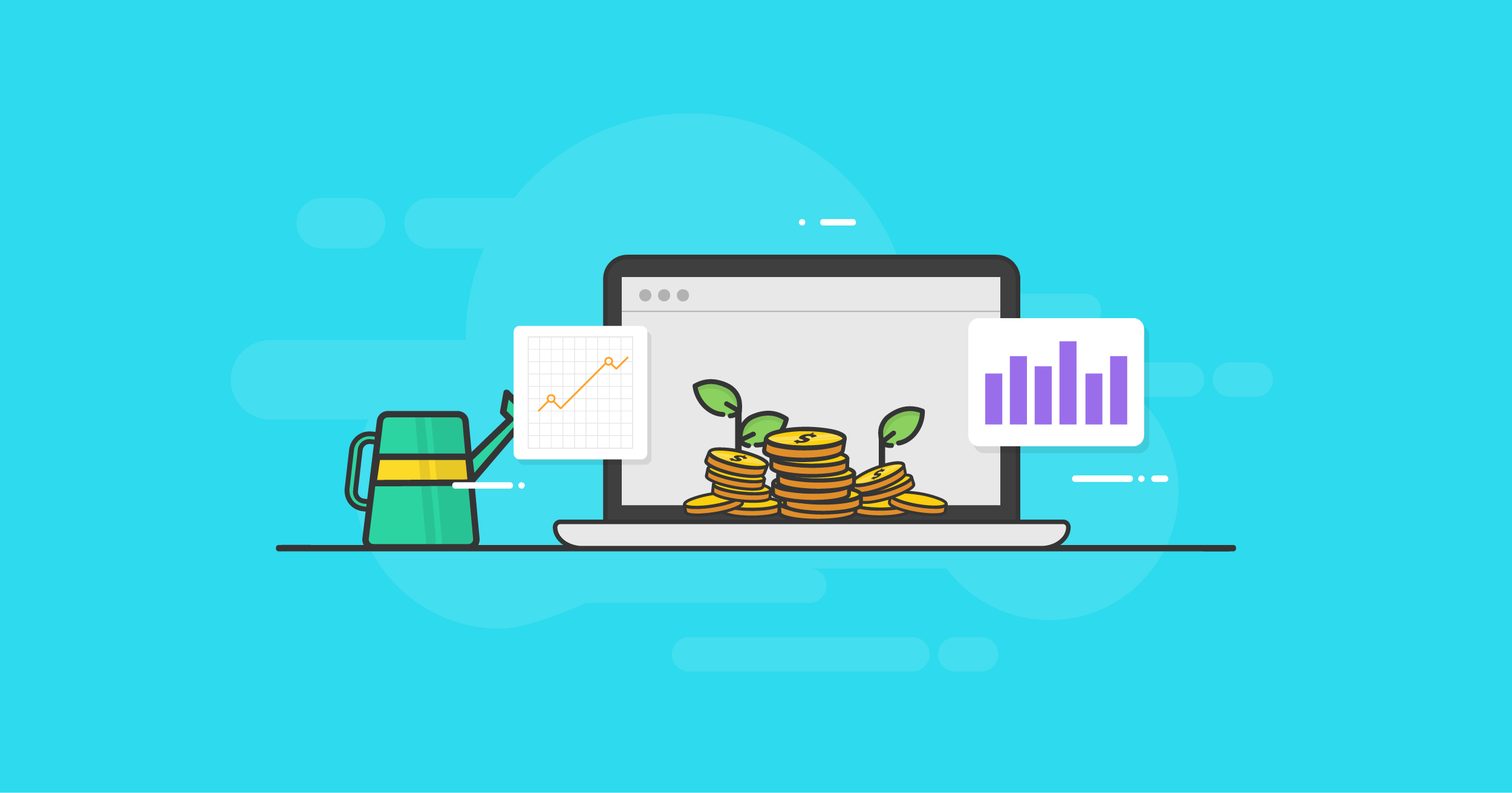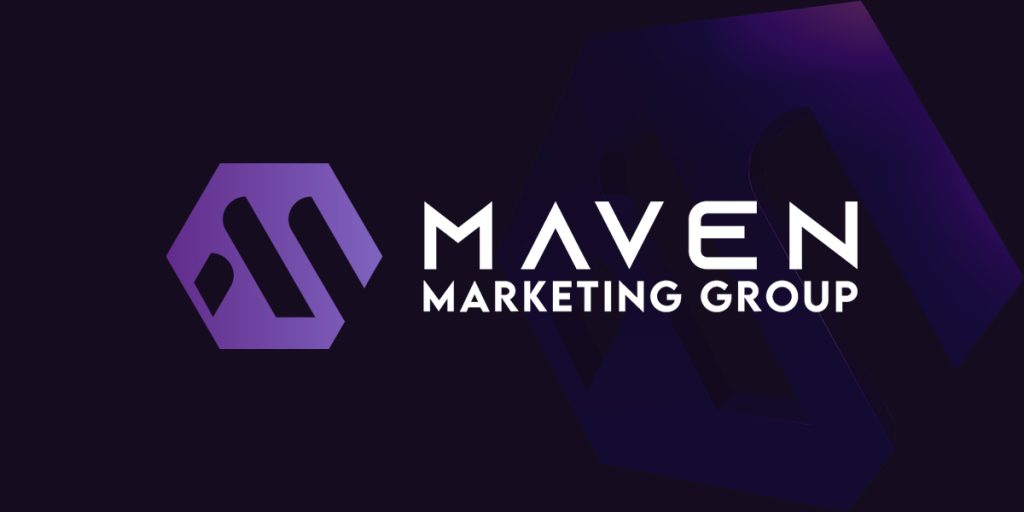
Several factors can influence the costs involved and determine how much it costs in the end.
One of the key determinants is the type of website and approach of the website being developed.
Let’s take a closer look at how these factors can impact the costs involved.
E-commerce Websites: Complex Functionality Equals Higher Costs
E-commerce websites, which involve online transactions and product sales, typically require more complex functionality compared to simple informational websites.
This complexity often translates into higher costs for development.
The intricate nature of e-commerce platforms necessitates features such as shopping carts, payment gateways, inventory management systems, and secure customer accounts.
Developing these functionalities requires specialized skills and expertise from web developers, resulting in increased costs.
E-commerce websites often have multiple product pages with various customization options, further adding to the complexity and overall expense.
Simple Informational Websites: A More Affordable Option
On the other end of the spectrum are simple informational websites that provide basic information about a business or organization.
These types of websites generally require fewer features and functionalities compared to e-commerce sites, making them less expensive to develop.
Simple informational websites typically consist of a few pages that offer details about products or services, contact information, and maybe a blog section.
Since they don’t involve complex transactional elements or extensive customization options, their development costs tend to be lower.
Template-Based Designs vs Custom-Built Solutions: Impact on Pricing
Another factor that influences website development costs is whether you opt for a template-based design or a custom-built solution.
Template-based designs offer pre-designed layouts and themes that can be customized by web designers to fit their clients’ needs.
These templates are readily available and often come at lower prices compared to custom-built solutions.
They provide a cost-effective option for businesses looking for a budget-friendly website without compromising on aesthetics or functionality.
Custom-built solutions, on the other hand, involve creating a new website, from scratch, tailored specifically to meet your unique requirements.
This approach allows for greater flexibility and customization but comes at a higher cost.
Custom-built websites require more time and effort from web developers, as they need to design and develop every aspect of the site according to your specifications.
The Average Cost of Web Development
Determining the average cost of web development can be challenging due to the wide range of variables involved.
However, it’s essential to have a general understanding of the current market rates to make informed decisions.
According to recent studies and industry experts, the average cost of developing a professional credibility website with around 5-10 pages ranges between $10,000 and $25,000.
This estimate includes basic features such as contact forms, image galleries, and content management systems.
Studies further showed that the average cost of a professional website for a business to have success online (depending on the size) can range anywhere from 15,000 to 100,000+.
For professional e-commerce websites with more complex functionality and additional product pages, prices can vary significantly.
On average, an e-commerce website can cost anywhere from $15,000 to over $150,000 depending on factors such as the number of products, customization requirements, payment gateway integration, and security measures.
It’s important to note that these figures are just averages and can vary based on various factors like location (local vs international developers), level of expertise required (junior vs senior developers), type of business (small-scale vs enterprise-level), and specific project requirements.



